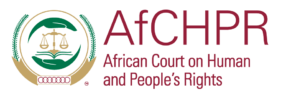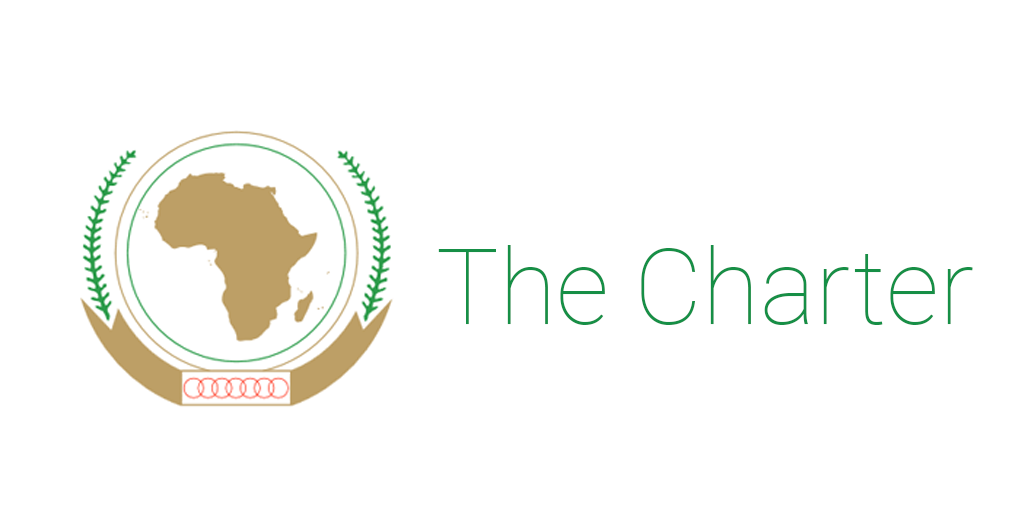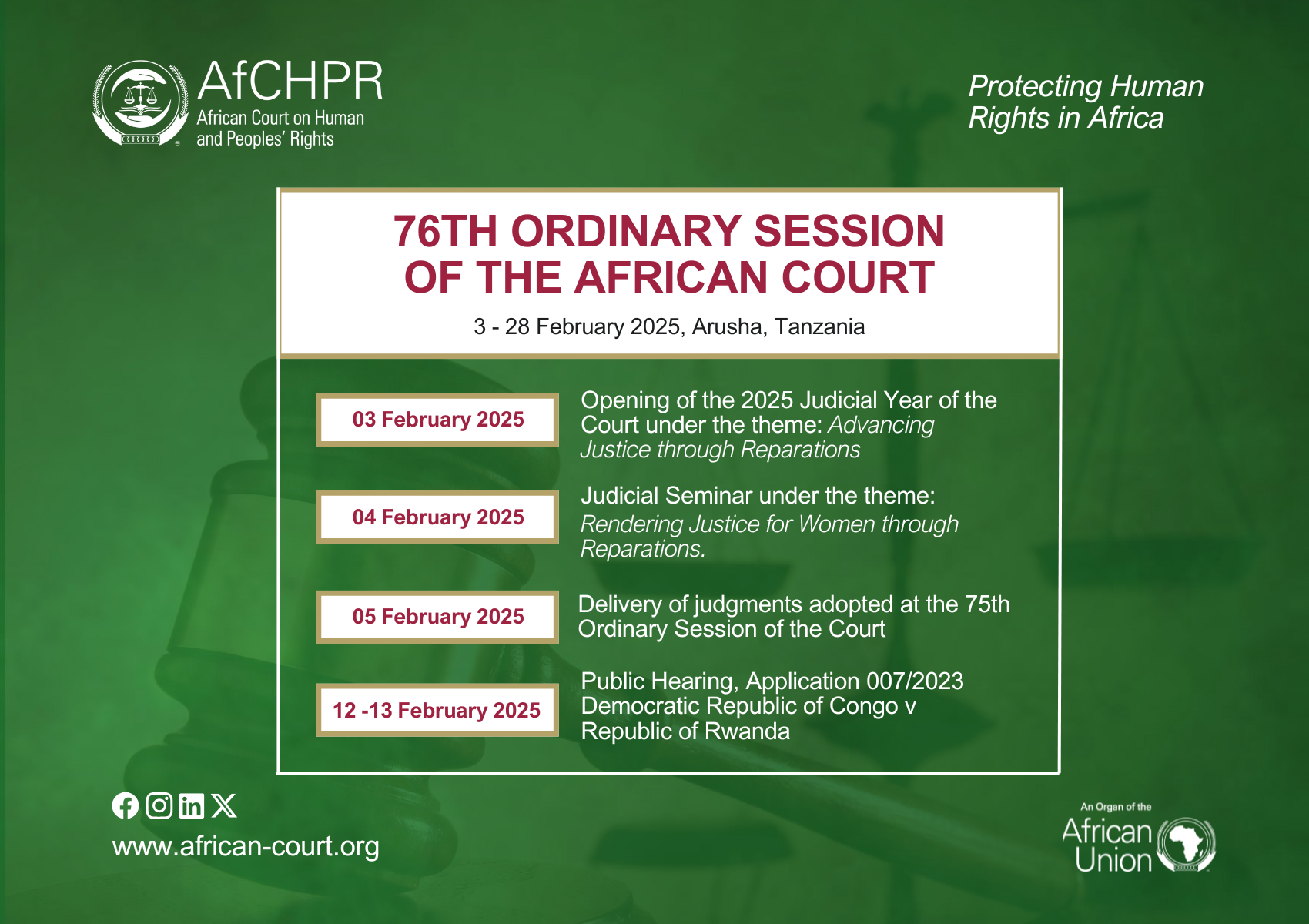Addis Ababa, 9 February 2019: The African Court on Human and Peoples’ Rights (AfCHPR) and the Office of the United Nations High Commissioner for Human Rights (UN- OHCHR) today signed a Memorandum of Understanding (MoU) to enhance collaboration and strengthen relations in the promotion and protection of human rights.
The President of the African Court Justice Sylvain Oré and the UN High Commissioner for Human Rights Ms. Michelle Bachelet signed the MoU on the sidelines of the African Union‘s 32nd Ordinary Session of the Assembly of Heads of African State and Government in the Ethiopian capital.
‘’The Court and the UN Office share common values on humanity, including the culture of promoting and protecting human rights,’’ said Hon Justice Oré during the signing ceremony, adding that the two organisations are natural allies in their common pursuit of justice.
For her part, Ms. Bachelet said that “The Court is a critically important mechanism for the promotion and protection of peoples’ and human rights in Africa, and it is an invaluable partner in the region”.
The two organizations aim to support each other’s work at both the international and regional levels, especially with regard to the interpretation and implementation of human rights norms and standards, as well as the practice of international and regional courts and tribunals.
The negotiation and signing of the MoU were given renewed impetus during a meeting in September last year between UN human rights experts and the Court’s judges and officials on the issue of the death penalty.
NOTES FOR EDITORS:
1. The African Court is a continental institution of the African Union enhancing the protection of human and peoples’ rights in Africa. It was established by the Protocol to the African Charter on Human and Peoples’ Rights. The Charter is the main African human rights instrument that sets out the basic human rights standards for African citizens as well as State obligations to respect and protect those rights.
2. The Court is composed of eleven Judges, nationals of Member States of the African Union elected in their individual capacity.
3. The Court meets four times a year in Ordinary Sessions and may hold Extra-Ordinary Sessions.














